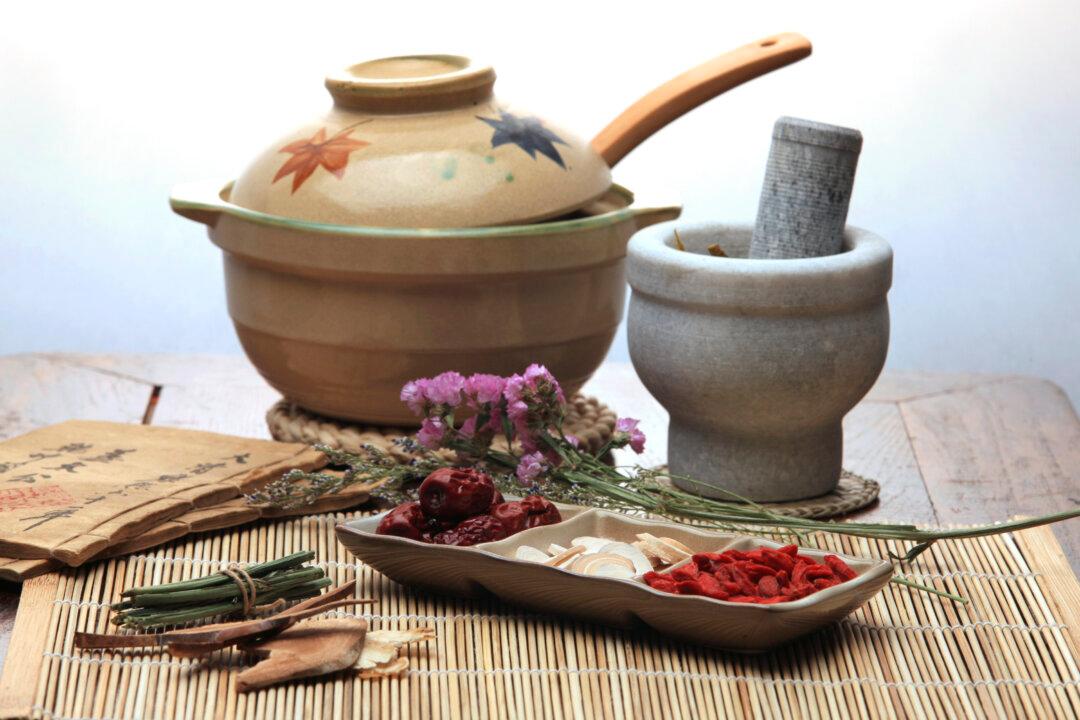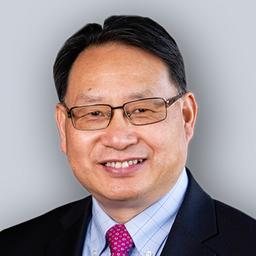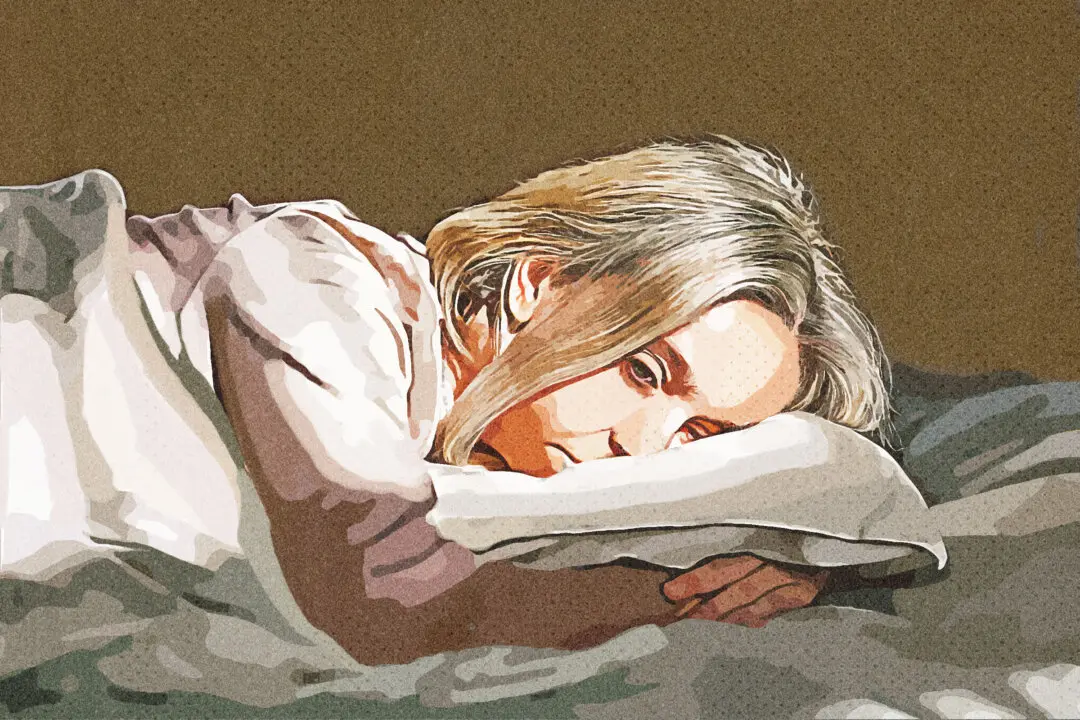Chinese herbal medicine is one of the major clinical healing modalities in the ancient Chinese medical system. However, it is not as well-known in the West as acupuncture, possibly because it is more complex and its healing effects are not as immediate as those of acupuncture, which can reduce pain quickly.
In addition to employing herbs or plants, Chinese herbal medicine also uses minerals, insects—for example, silkworms are used to treat skin conditions—sea-creature products such as oyster shells, and parts from larger animals, such as bones from tigers.






